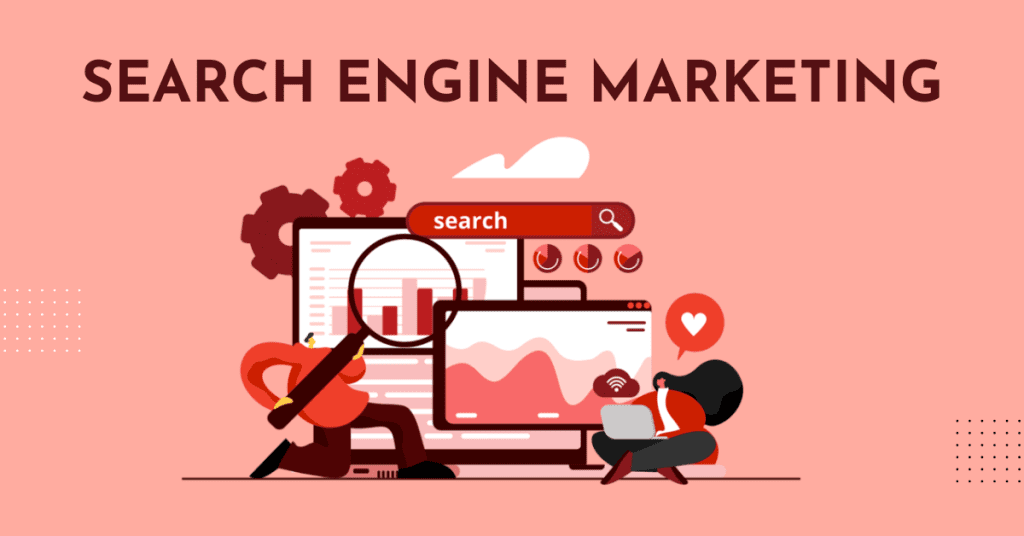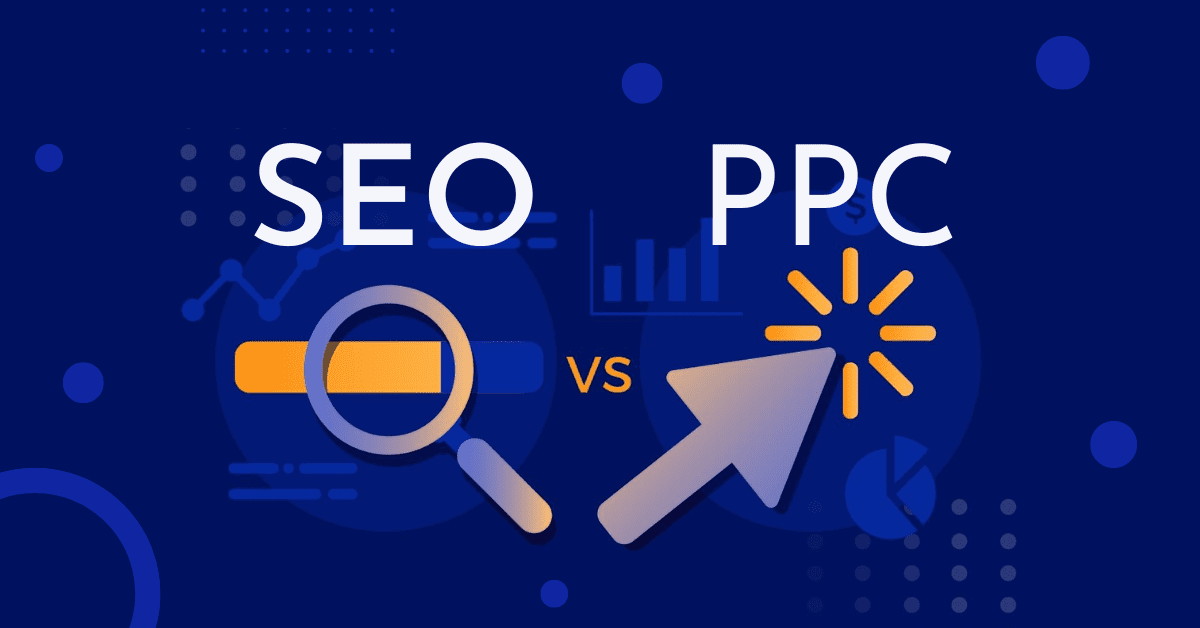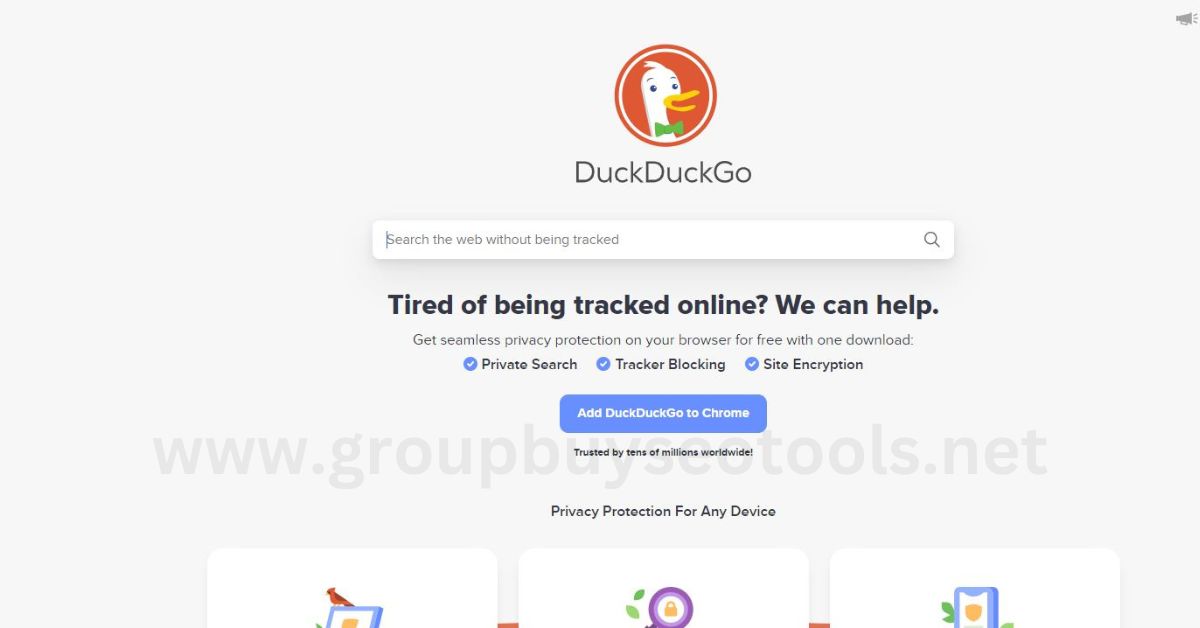
What is Search Engine Marketing
Search Engine Marketing (SEM) is a practice that involves paid advertising in order to make sure your website appears on the first page of search engine results (SERP) when a user enters a keyword or set of keywords.
reports that a study conducted by Sistrix found that the average clickthrough for the first Google position is 28.5%. As you move further down the listing, this rate drops rapidly. Search engine marketing has as its primary goal to be at the top of the listings. SEM’s goal is to improve a website’s visibility, increase brand awareness, and boost the likelihood that a user clicks on the website.
When we hear the phrase search engines marketing, it usually refers to strategies that are paid in order to boost a website’s ranking. Usually, this refers to PPC advertising. The term is also used to describe non-paid methods. The optimization of a website’s content is one way to boost its organic ranking for certain keywords. This process is also called search-engine optimization (SEO). We’ll concentrate on paid methods for the purposes of this article. We’ll cover SEO briefly first so that you know what to expect.
What is the difference between SEM and SEO?
Search engines marketing is a term that can be used to describe any method of increasing a website’s ranking (including organic and paid search), but it’s increasingly being used for paid growth strategies. Search engine optimization refers to organic (or non-paid) traffic growth.
SEO is often considered a digital strategy by itself because it requires a lot of work. It involves updating or optimizing a website’s visible content (like written copy, image tags, and metatags) and its hidden elements (like HTML, CSS, and HTML). Link building is often used to encourage other pages that are highly ranked to link to your website, thereby boosting its ranking. All of these activities generate organic website traffic. They are time-consuming, and it takes a while for them to start producing results. SEO is often outsourced to specialized companies.
How does search engine marketing work?
SEM is centered on paid advertising in order to place a link at the top of search engine results pages (SERP). This is the term used by laypeople to describe the links that are clickable and appear above the organic search results. These are the ones labeled as ads.
How does paid search engine advertising work? SEM needs some groundwork before we can get into the specifics of paid search. This includes:
Keyword search
Keywords are crucial for SEO because search engines crawl and index web pages using them. Keywords are also important for paid search, SEM and PPC because search engines pay marketers a small fee every time someone clicks an ad in response to certain keyword queries.
SEM involves researching the keywords that your target audience uses to search for your products and services. Note the most popular keywords to determine what you’re willing to pay for each one. Confused? Later, we’ll explain more.
Top Guide To SEO Keyword Research Success In 2023
Copywriting
Next, you need to create an attractive ad that will catch the attention of customers who are searching for your keywords. It’s a challenge, as you are not only limited by character limits and other rules but also must ensure that you present a clear and concise message with a call to action to attract visitors to your website.
Landing Pages
You’ll also need landing pages which provide the users with information that they expect when they click your ad. This is also important for organic SEO growth, but it’s equally vital that paid ads direct customers to the right information. You’ll see a higher bounce-rate and waste your paid search budget if you don’t.
Search engine marketing (SEM)
Why is SEM so important?
After exploring SEM in detail, it’s easy to think that this is a time-consuming process. Does it make sense to pursue? SEM can be important for a number of reasons. This depends on your budget, and the broader digital strategy you have.
- It helps you to stay ahead of the competition:Some businesses use paid search engine advertising to rank higher. If your competitors use ‘award-winning blue cheese’ as part of their paid search, then they will be able to beat you up the rankings, even if organic search (SEO) ranks you highly. You can thwart these threats by using paid SEM.
- You are able to test and track the results.Unlike conventional advertising, paid-search marketing allows you to test alternative approaches before evaluating results. It also includes a return on investment. This can take a lot of time, but it is very effective if you know how to use it.
- It boosts brand awareness as you build your organic strategy. Although boosting your rankings through organic search and SEO are ideal, it can take months or even years for results to appear. SEM, on the other hand, helps your company to appear at the top SERPs (for the right bid and keyword). Even if your customers don’t see your ads, they will still be exposed to your brand.
- It gives you insight into the campaigns of your competitors: You can track your clicks and conversions and your budget. If you are savvy, you can also find out what search terms they rank for and outbid them. Many tools are available to help you with this. Next, we’ll look at some of them.





